Purposeful Play: What is it and why is it so important?
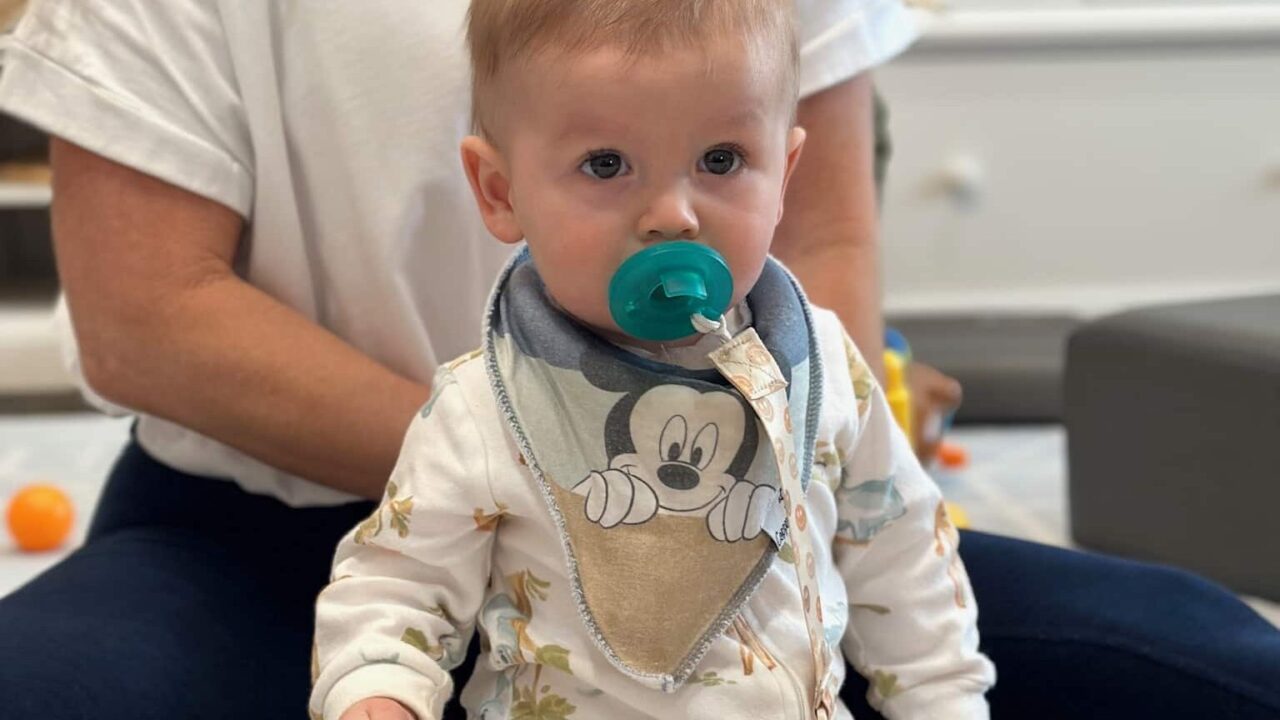
Play is not just for fun, it’s foundational. Purposeful play takes the natural joy and curiosity of childhood and channels it into a meaningful learning experience. Purposeful play is a form of guided play where each activity is intentionally designed to help children build skills, from coordination and problem solving to communication and confidence, all while having fun.
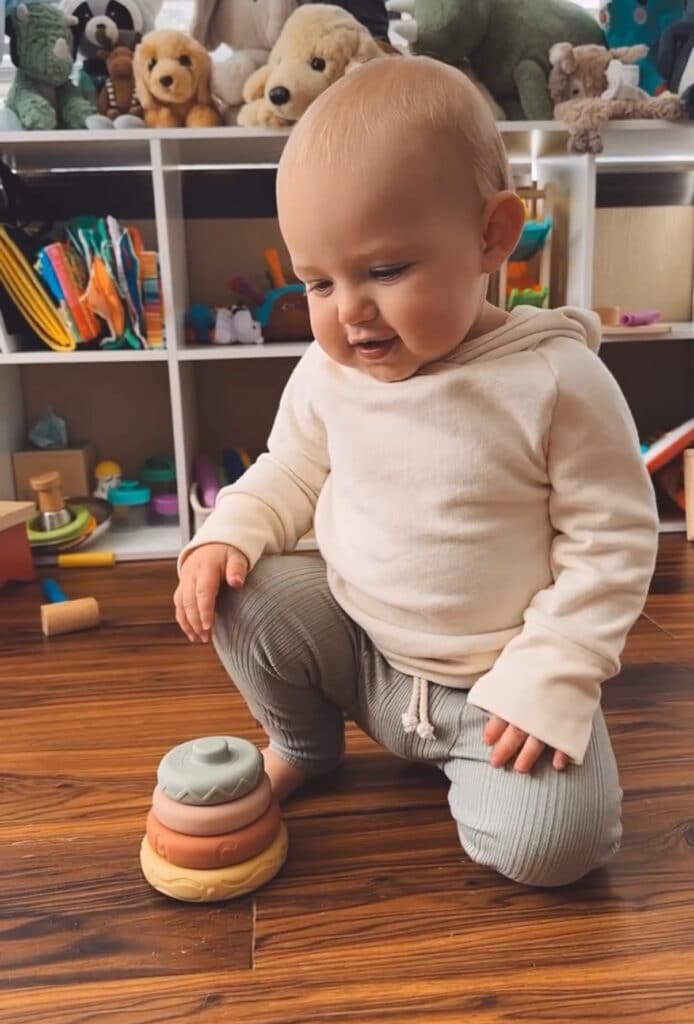
What is Purposeful Play?
Purposeful play is the idea of taking children’s playtime and making it intentional to help connect their bodies to their minds, and their minds to the world around them. The basis of this method is about connection. It’s hands-on, interactive, and deeply engaging. Through games, songs, storytelling, and physical activities, children learn without even realizing they’re learning. This method helps children:
- Develop fine and gross motor skills
- Strengthen balance, coordination, and sensory awareness
- Build confidence and independence through small, achievable wins
- Engage more deeply with their environment
- Sleep better, feel calmer, and smile more
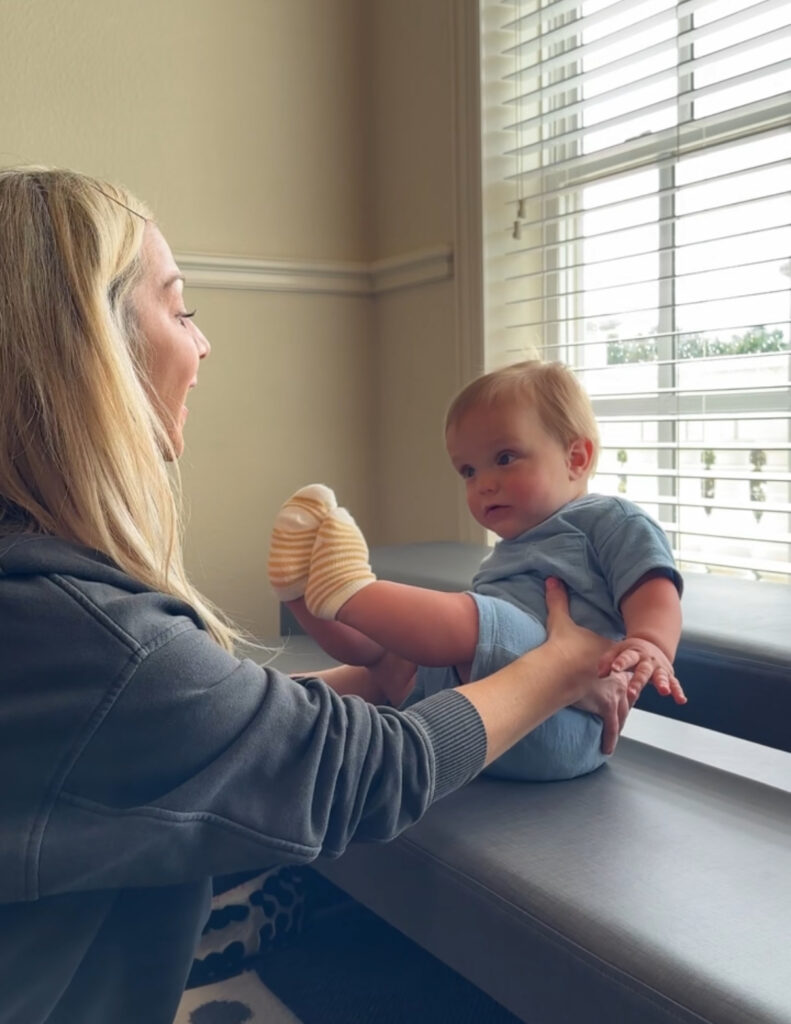
Why is Purposeful Play Important?
Children learn best when they are curious and moving. Purposeful play creates the perfect mix of movement, imagination, and exploration. This allows children to freely experiment, fail, and try again. Here are some key factors that make it so important:
Cognitive growth: Purposeful play boosts problem-solving and critical thinking by encouraging kids to experiment, observe cause and effect, and make decisions. It also lays the foundation for future learning, it helps train the brain to think creatively and critically.
Language and Literacy: Through storytelling, role-playing, and conversations, children naturally build vocabulary, comprehension, and communication skills.
Physical Development: From climbing and crawling to stacking and drawing, play helps develop balance, coordination, and strength. This engages both gross and fine motor muscles.
Emotional and Social Skills: Play provides a safe space to express emotions, practice patience, and build confidence. When children play together, they learn cooperation, empathy, and conflict resolution. These are essential skills for strong relationships.
Creativity and Imagination: Open-ended play, like building with blocks or creating make-believe scenarios, fuels imagination and helps children think outside the box.
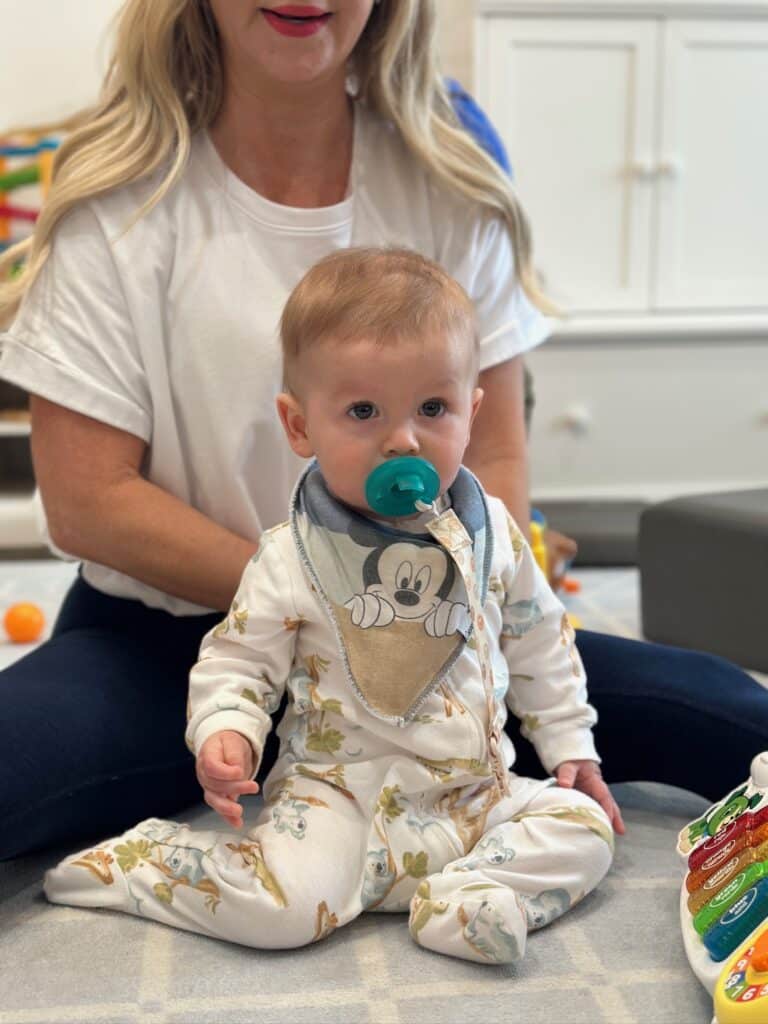
What Makes the Play Purposeful?
Not every moment needs to be structured, but adding intention turns it into something more impactful. Purposeful play is:
- Challenging: Growth happens just beyond a child’s comfort zone
- Intentional: Each activity should have a goal, anywhere from strengthening a specific muscle or practicing a certain skill.
- Fun: Learning should always feel joyful, and not like a chore.
Involving Siblings in Purposeful Play:
Siblings bring special magic to playtime. Older kids are often natural helpers and teachers while the younger ones learn by watching and joining in. Some of the benefits that come with including older siblings in playtime are:
- Builds a strong sibling bond
- Teaches responsibility and empathy
- Gives older children a sense of importance and pride
- Boosts a baby’s language and social skills
- Sparks creativity as big siblings invent new games
- Gives parents a little breather — and extra hands!
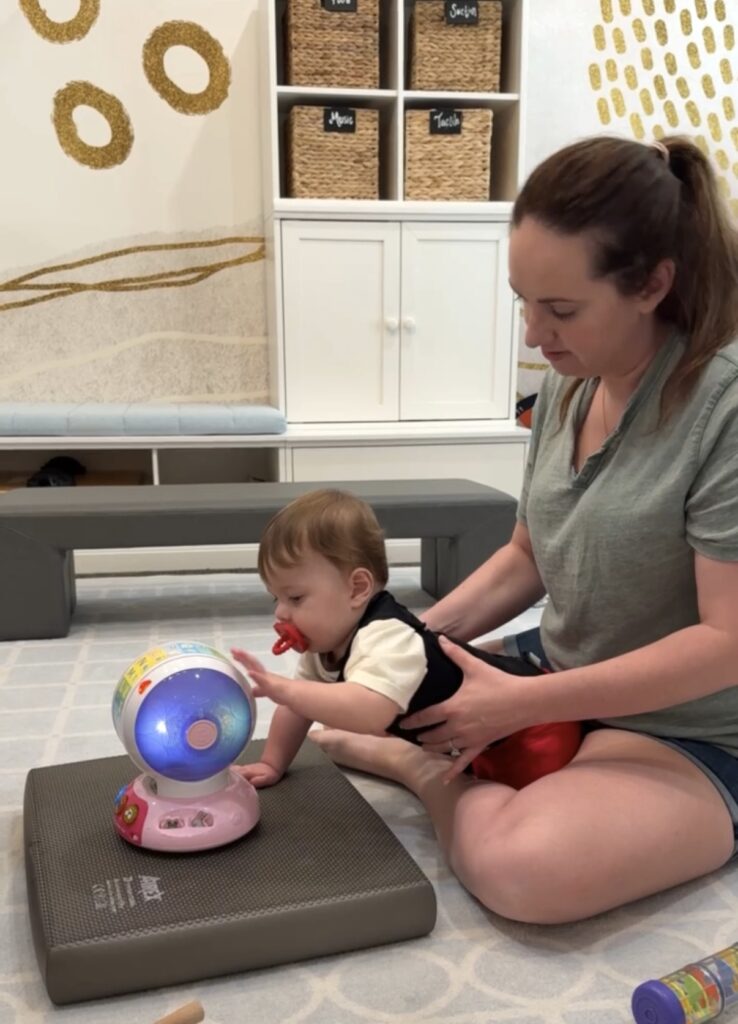
How Parents Can Encourage Purposeful Play:
To encourage purposeful play with your children, you don’t need to have special toys or tools. All you need is intention and interaction.
- Be verbal and direct – Narrate what your child is doing or guide them gently.
- Cue a countdown – Helps prepare for transitions and teaches time awareness.
- Incorporate their interests – Follow their curiosity!
- Use singing and music – It supports rhythm, memory, and language.
- Make eye contact – Builds connection and engagement.
The Takeaways
Purposeful play shapes how children learn, grow, and thrive. It’s where balance, coordination, imagination, and confidence come together. This helps kids build not just skills, but a love for learning that lasts a lifetime.
Need Additional Support?
At KinActive, we understand that every baby develops at their own pace, but we’re here to support you through every stage of your little one’s journey. If you have concerns about your baby’s motor development or are seeking guidance on encouraging more traditional crawling, we can help in a few ways.
- Take a masterclass. Best for parents needing professional guidance from the comfort of their own home.
- Book a Kamp. Best for parents with children experiencing atypical development.
- Book a virtual consultation with our clinic.
We offer comprehensive services designed to support your baby’s physical development, from structured therapy sessions to hands-on advice that you can implement at home. Contact us today to schedule a consultation and help your baby reach their full potential. And don’t forget to follow us on social media for more tips and information on your baby’s development!

